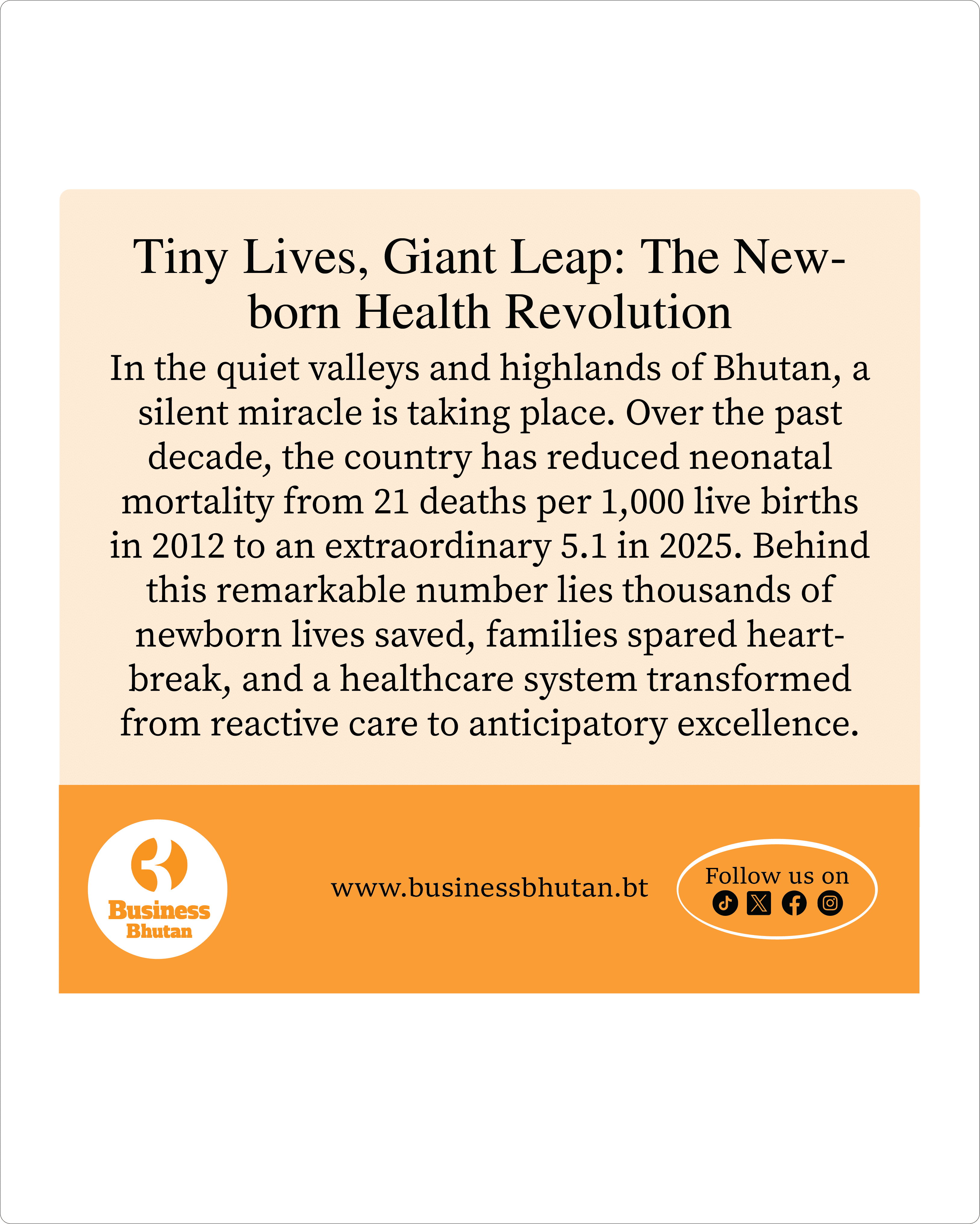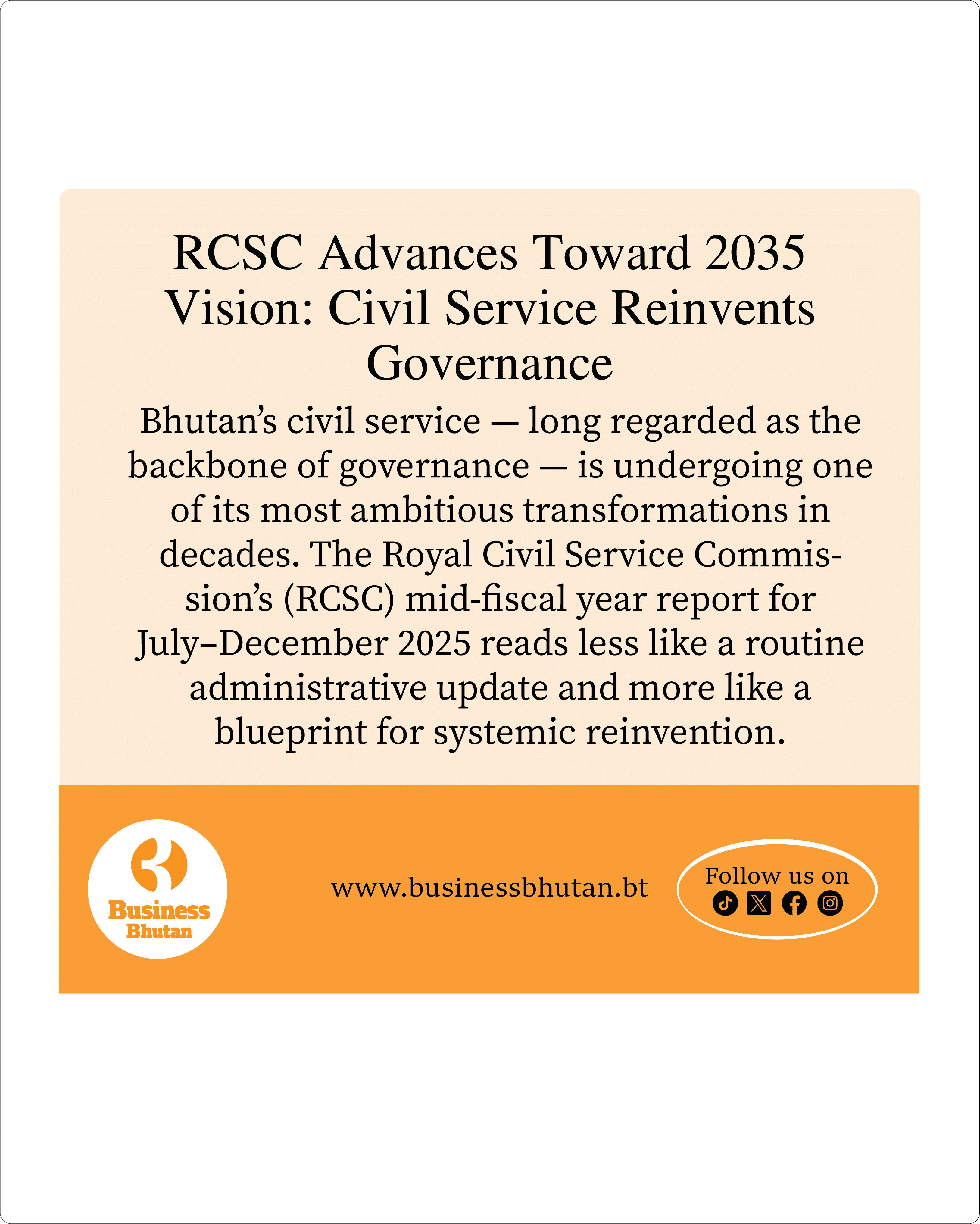At certain junctures in history, the world has witnessed leaders who transcend the very definition of leadership, their reigns transforming into the legend. In the foothills of the Himalayas lies Bhutan, home to a retired king whose story reads like an epic. This is the tale of a monarch who ascended the throne at 16, at a time when his nation was just beginning to carve its first roads through rugged terrain. He would go on to place Bhutan at the forefront of modern nations and gift the world the profound philosophy of Gross National Happiness (GNH). This king, who led his country through a remarkable transformation, is none other than His Majesty Jigme Singye Wangchuck, the Fourth King of Bhutan.
Born on November 11, 1955, His Majesty Jigme Singye Wangchuck became king in 1972, following the untimely death of his father. His official coronation took place on June 2, 1974, a date now celebrated in Bhutan as Social Forestry Day. As Bhutan commemorates this anniversary, we reflect on the pivotal moments of His Majesty’s life—moments of extraordinary achievement, joy, love, and sacrifice.
The legacy of His Majesty Jigme Singye Wangchuck is a woven with unparalleled achievements. Affectionately known by many names—King of Destiny, The Great Fourth, The Bodhisattva King, The Dharma King—his impact on Bhutan and the world is profound.
The late Indian Prime Minister Indira Gandhi, attending his father’s funeral, remarked, “The richest legacy of His Majesty is his worthy son and successor…in whose hands now rest the destiny of Bhutan. He is the young King of the young Kingdom and yet both have maturity and wisdom that go back to centuries.”
His Majesty’s reign from 1972 to 2006 is often hailed as Bhutan’s “golden era of development.” Appointed as Chairman of the Planning Commission in 1971, he led the nation’s Five Year Plans, ensuring their successful implementation and catalyzing development across Bhutan. His visionary concept of Gross National Happiness (GNH), emphasizing holistic well-being over mere economic growth, gained global recognition and was embraced by the United Nations, which declared March 20 as the International Day of Happiness in 2012.
Domestically, His Majesty championed decentralization, using it as a tool for both economic development and gradual political transformation. His wisdom and light extended far beyond Bhutan’s borders, touching lives and inspiring regions beyond the Himalayan Kingdom. His advocacy for GNH as an alternative to Gross National Product (GNP) underscored the importance of preserving Bhutanese culture amid modernization, striving for a unique balance that ensured the happiness and quality of life for his people.
In a historic move, on September 4, 2001, His Majesty decreed that a written Constitution should be promulgated for the Kingdom. This decree set in motion a series of consultations and drafts, leading to the adoption of the Constitution on July 18, 2008. His Majesty’s vision for a democratic Bhutan was realized with the first parliamentary elections in 2008, marking a significant milestone in the country’s political evolution.
In an unprecedented act of bravery, in 2003, His Majesty personally led Bhutan’s military to expel foreign militants from its soil, a feat rarely seen in modern times. An Indian newspaper captured the moment: “Gone are the days when kings or heads of states personally led their troops into battle. …Now, rulers remain far away from the battlefield…The King of Bhutan and his son took up a brave fight—without bothering about their own safety—against the insurgents from India who took shelter in inaccessible jungles. He has thus become a role model.”
On December 9, 2006, His Majesty surprised the nation once more by abdicating the throne in favor of his son, Crown Prince Jigme Khesar Namgyel Wangchuck. In his edict, he expressed confidence in a bright future for Bhutan under the new King and a democratic system of government, assuring unprecedented progress and prosperity for the nation.
Rarely do icons like the Fourth Druk Gyalpo walk the earth. His life is a condensed epic of wisdom, bravery, and sacrifice. He appeared at the critical seams of cultures and epochs, making history with quiet determination and profound impact. Under his reign, Bhutan transitioned from a pastoral economy to a modernizing nation, guided by his eternal wisdom and the teachings of Gautama Buddha.
By Sherab Dorji, Thimphu
















